December Audio Meditation
Here’s our December 2020 audio meditation on mp3…
For those of you who prefer to have images with your meditation, here’s our YouTube version of the same meditation…
Meditations, experiments, books and guided meditations to assist with nourishing spirituality, healing childhood wounds, and living more consciously.
Meditations, experiments, books and guided meditations to assist with nourishing spirituality, healing childhood wounds, and living more consciously.
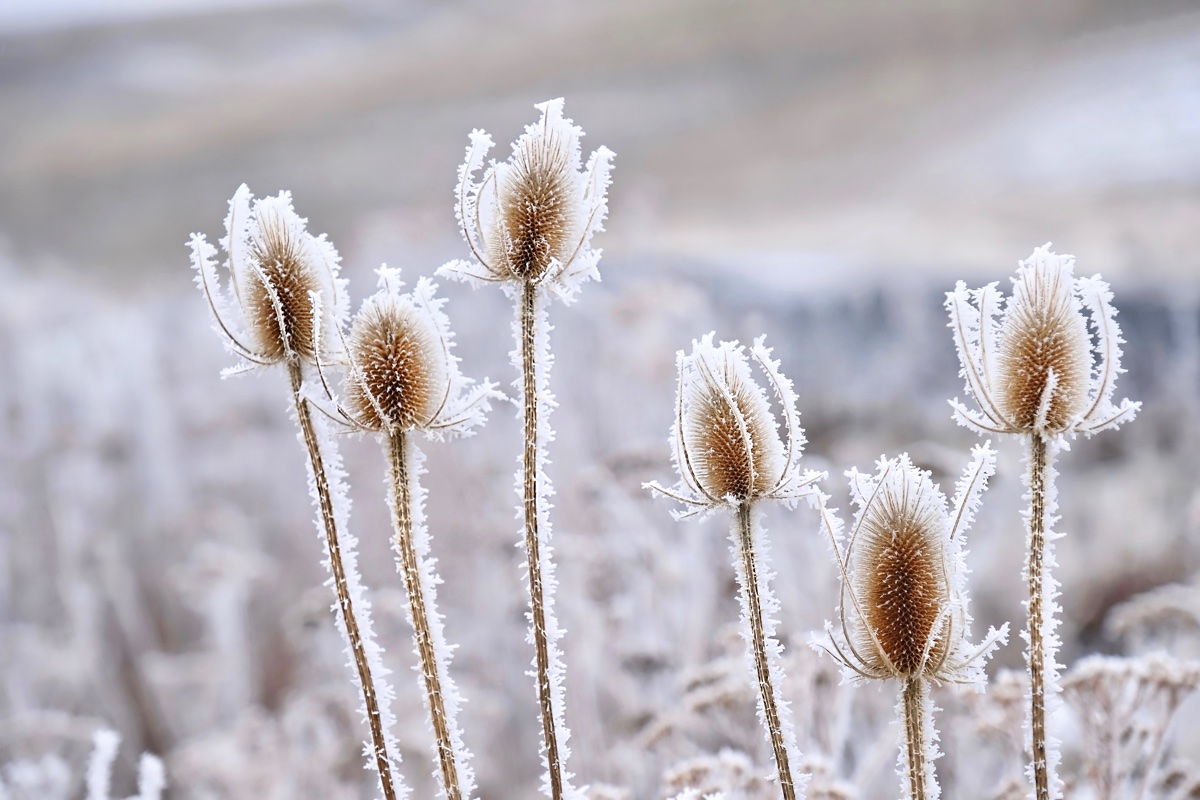
Here’s our December 2020 audio meditation on mp3…
For those of you who prefer to have images with your meditation, here’s our YouTube version of the same meditation…
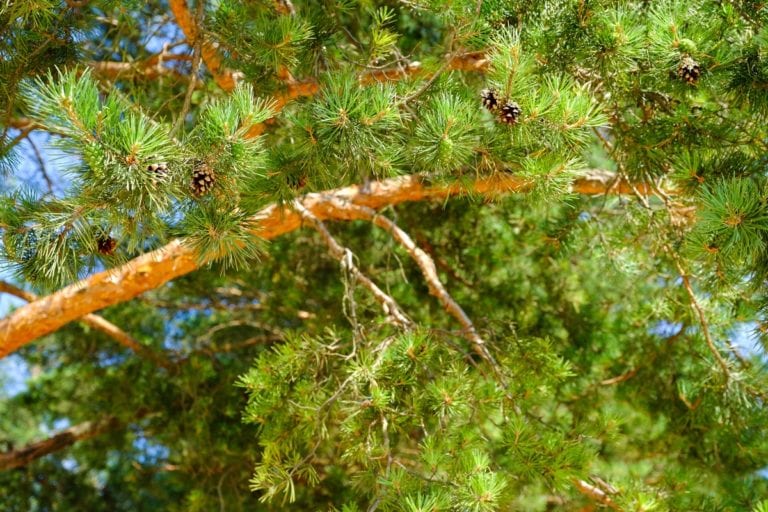
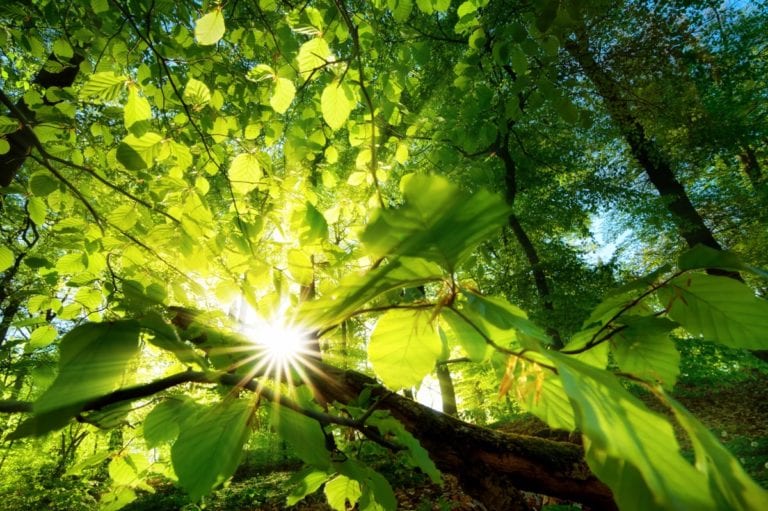
As I write this, I’m sitting in the Admiral’s Club of American Airlines, waiting for a flight to California. I’m flying business class today, on miles, and I’m struck by the difference between the experience I’m having right now—complimentary coffee and food and a comfortable place to sit—compared to what it’s like when I fly economy. What this brings into my awareness is how easy it could be to overlook the quality of life being lived by people who don’t have the economic privilege I do. I find myself wondering how I would cultivate a deepened empathic awareness of people in need if my everyday life were regularly as generous and comfortable as the situation I’m in at the moment.
I remember reading some recent research that suggested that the more money people have the lower their scores on tests of empathy. Sitting here this morning, I can understand how that could happen. So, the question I have deals with any and all areas of privilege, be that economic privilege, racial privilege, gender privilege, ethnic privilege, religious privilege, or any other kind of privilege that comes automatically to certain classes of people. How do we expand our awareness to include those who don’t have access to whatever kinds of privilege we may take for granted and not even recognize as privilege? Read More “713th Week: Cultivating Empathy”
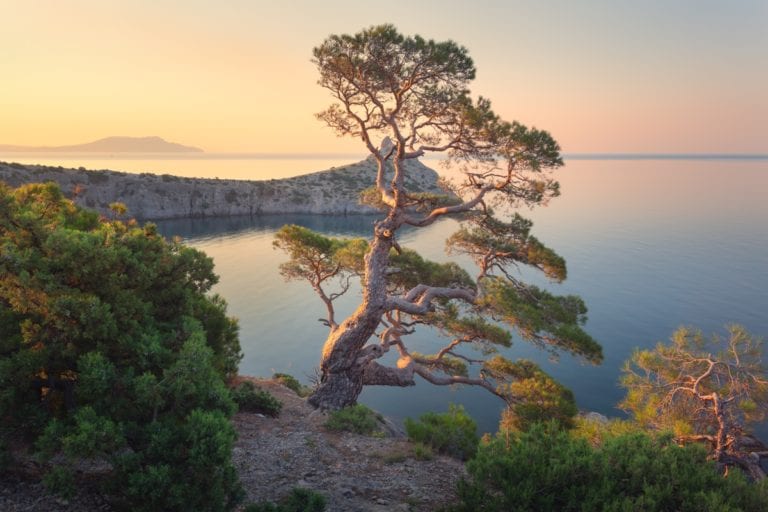
In this time of so much polarization and conflict, it feels more important than ever to include heart perception and intelligence as part of moving through everyday life. I’ve written many times about how being mindful offers ongoing opportunities for choice and, these days, having access to being able to choose how we want to engage and move through conversations with people with whom we may disagree becomes a very important resource.
One of the other things I know I’ve mentioned a number of times is the powerful quality and orientation of the heart brain’s intelligence and perception. Most of us are quite familiar with our head brain’s ways of perceiving and of our cognitive styles of intelligence and understanding. The heart brain often perceives and understands things quite differently, which becomes immediately apparent when we take the time to tune into it.
Read More “741st Week: Cultivating Heart Perception”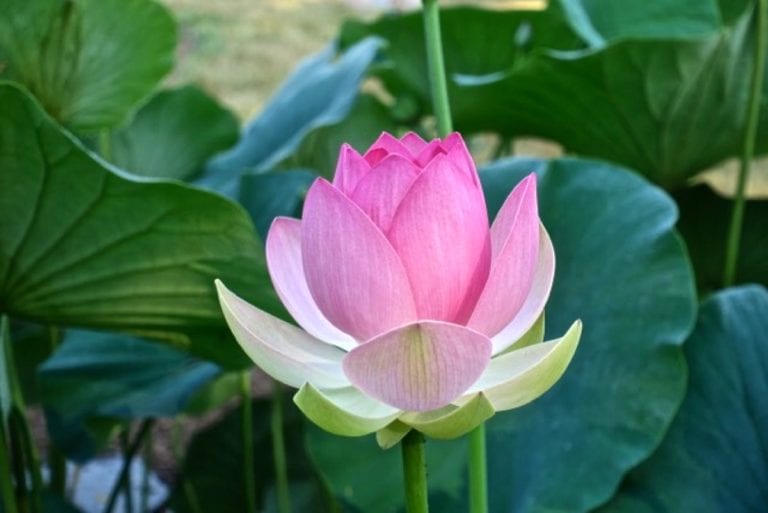
Recently, I talked about finding a deep experience of peace as I sat in Central Park, and how I could stay with that inner sense of quiet even as children, dogs, birds, all kinds of people came and went in the area where I sat. It was fundamentally an experience of playing with foreground/background dynamics: I chose to have the sensations of peace stay in the foreground of my awareness as the sounds of activity came and went in the background.
Playing with foreground/background dynamics is its own kind of mindfulness practice… Read More “683rd Week: More Foreground/Background Dynamics: Finding Home Base”
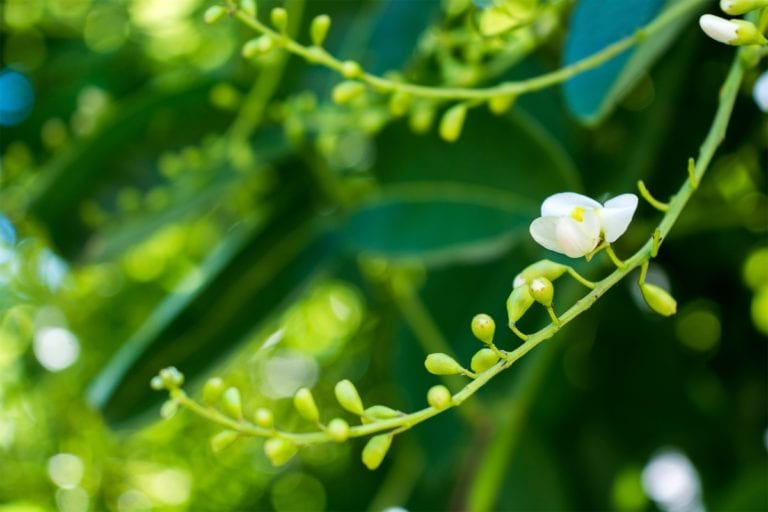
I just spent a week teaching at the Cape Cod Institute in Massachusetts and find myself filled with a celebration of green trees and fresh, cool air. As I contemplate returning to New York City on what will be a hot summer’s day in the city, I find myself deeply grateful for the ability we have to carry images and impressions with us wherever we go. I can take the green along with me, and the generous remembered presence of birds, and, at times, deep quiet.
This all gets me to thinking yet again about the importance of where we place our awareness, and with what kinds of memories and impressions we nourish ourselves. Where we focus our awareness matters, and has a direct and noticeable impact on the resilience and health of our body-mind being. Read More “719th Week: Taking Time to Renew Yourself”